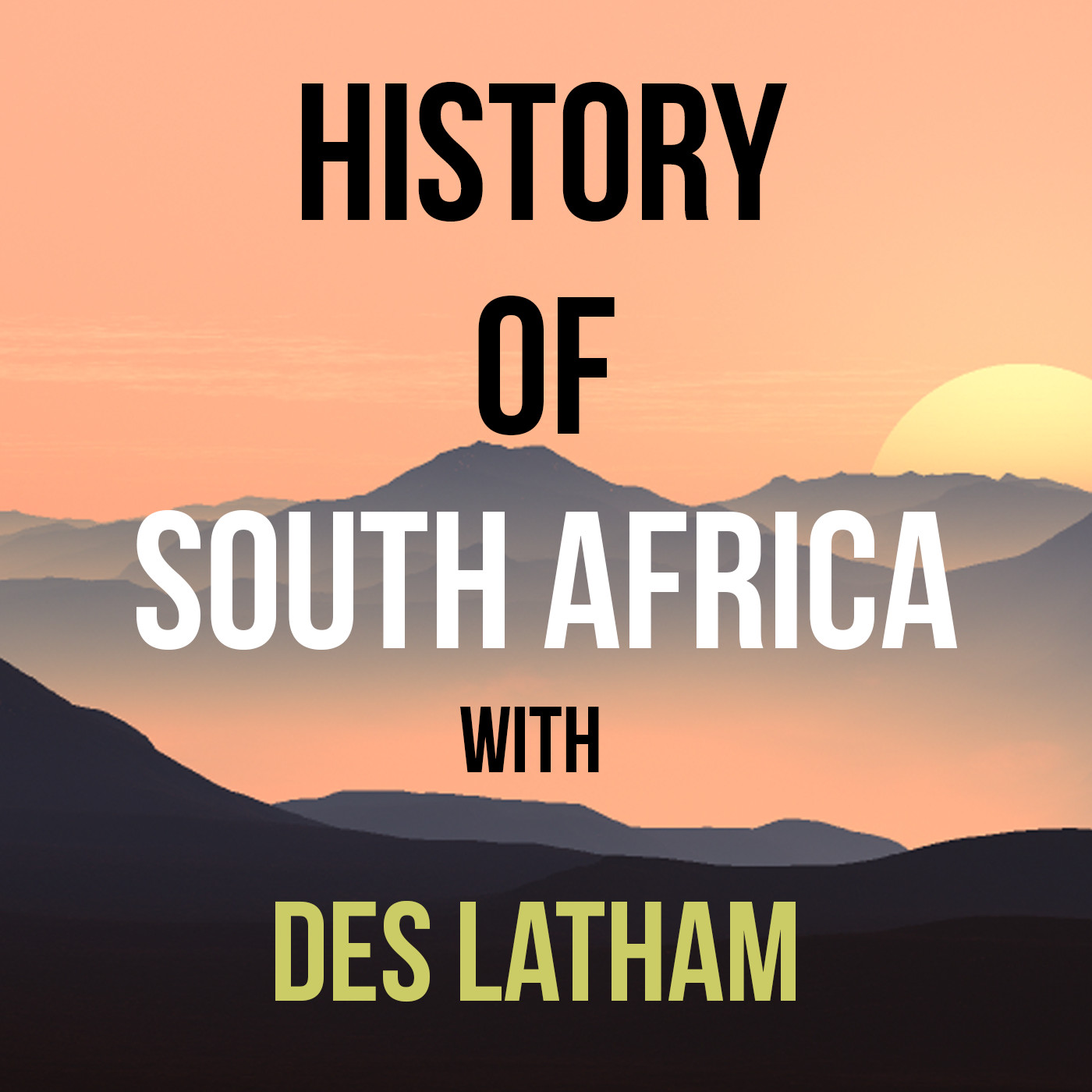- History
- SEE MORE
- classical
- general
- talk
- News
- Family
- Bürgerfunk
- pop
- Islam
- soul
- jazz
- Comedy
- humor
- wissenschaft
- opera
- baroque
- gesellschaft
- theater
- Local
- alternative
- electro
- rock
- rap
- lifestyle
- Music
- como
- RNE
- ballads
- greek
- Buddhism
- deportes
- christian
- Technology
- piano
- djs
- Dance
- dutch
- flamenco
- social
- hope
- christian rock
- academia
- afrique
- Business
- musique
- ελληνική-μουσική
- religion
- World radio
- Zarzuela
- travel
- World
- NFL
- media
- Art
- public
- Sports
- Gospel
- st.
- baptist
- Leisure
- Kids & Family
- musical
- club
- Culture
- Health & Fitness
- True Crime
- Fiction
- children
- Society & Culture
- TV & Film
- gold
- kunst
- música
- gay
- Natural
- a
- francais
- bach
- economics
- kultur
- evangelical
- tech
- Opinion
- Government
- gaming
- College
- technik
- Jesus
- Health
- movies
- radio
- services
- Church
- podcast
- Education
- international
- Transportation
- Other
- kids
- podcasts
- philadelphia
- Noticias
- love
- sport
- Salud
- film
- and
- 4chan
- Disco
- Stories
- fashion
- Arts
- interviews
- hardstyle
- entertainment
- humour
- medieval
- literature
- alma
- Cultura
- video
- TV
- Science
- en
Episode 45 The ancient people of the Orange River islands, the Namaqualand Korana and the Bastaards

This is episode 45 and it\u2019s time to turn our attention to Namaqualand.
\n
\nThis is an area which is not spoken of very often, the wild northern frontier where bandits rode oxen and escaped slaves, white ex-soldiers and black clans joined forces \u2013 or fought each other.
\n
\nThe brigands and Badlands here are exotic to say the least as you\u2019re going to hear. Folks fixate on the tales from the eastern Cape frontier for good reason that\u2019s true. And yet, much of the rich history of southern Africa encompasses the Orange River and its tributaries as well as the Namaqualand, the Karoo, the mystical and mythical geography lending beauty to what was an extraordinarily dangerous period in the last quarter of the 18th Century.
\n
\nAs you know by now, the area known as the Namaqualand was generally referred as the home of the Little Namaqua or Klein Namaqua. Great Namaqualand was the home of the Great Namaqua and was across the Orange River \u2013 today known as Namaland.
\nThe first Europeans to settle in Namaqualand arrived in the 1750s \u2013 but before them ivory and other hunters had passed through regularly. By February and March of 1750, Jan Overholster, Jan Meyer and Jan Venter had registered loan farms here which they called Lieliefontein and Groene Rivier.
\nOne of the dialects of the Einiqua was spoken by the people of the Namynkoa who lived along the rivers \u2013 their riverine lifestyle made them distinct from the other people of the region although they were pastoralists who ate fish and river shellfish amongst other foods. Most other Khoe away from the River were purely pastoralists.
\nFurther east, heading deeper into the interior, lived the Korana groups who could be found in the vicinity of Kheis. They were the Kouringeis or Little Korana, otherwise known as the Hootstanders or Proud People.
\nBut a hundred years earlier in 1779 trekboers who had arrived in Namaqualand were married to local Khoe women and this union created another group - the "Bastaards".